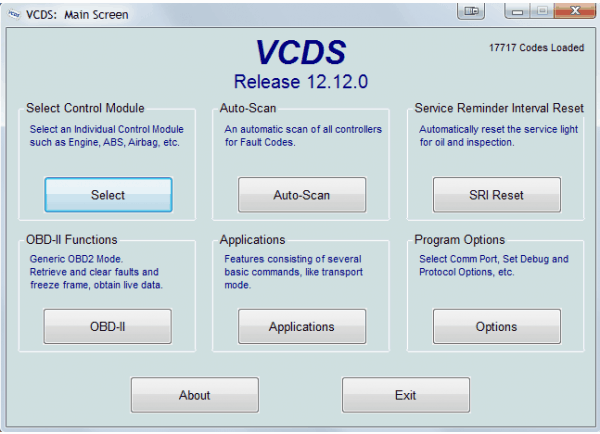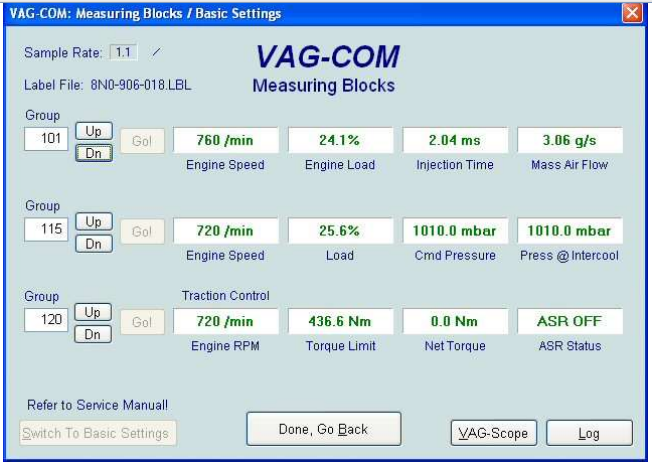

* adding all residential single-use and packaging-like products to B.C.’s recycling stream * adding milk and milk-substitute beverage containers to B.C.’s deposit-refund system to capture the millions of containers from restaurants, schools and offices without a dedicated recycling system * amending a regulation to enable local governments to ban plastic shopping bags and certain single-use plastics Other actions to address plastic waste and pollution include: Over their life cycle, reusable products generally produce fewer emissions, consume less water, and decrease waste, litter and pollution compared to disposable alternatives. 20, 2023.ī.C.’s regulation improves on these measures to limit the use of many single-use items, promote reusables and eliminate the use of additional items. Sales of these items will be banned as of Dec.


In December 2022, the manufacturing and importing of six plastic items were prohibited (plastic checkout bags, drinking straws, cutlery, stir sticks, ring carriers and food-service ware made from plastics). The federal government is also regulating single-use plastics that are harmful to the environment. Since the Province launched the CleanBC Action Plan in 2019, 21 municipalities have established bylaws to limit single-use plastics in their communities. “The new regulation complements and expands on provincial, municipal and federal government actions on plastics by further reducing waste and promoting the use of reusable items.” “I am pleased to see our government respond to public calls for further action on plastic waste and pollution,” said Brenda Bailey, Minister of Jobs, Economic Development and Innovation, and MLA for Vancouver-False Creek. This will give six months to educate the public and businesses about the new requirements, and allow time for businesses to use up existing inventory. The requirements will start to come into force in December 2023. to a circular economy where waste and pollution are eliminated, products and materials are kept in the economy through re-use, and natural systems are regenerated.” “Focusing on hard-to-recycle single-use and plastic items will help move B.C. through a healthier environment,” said George Heyman, Minister of Environment and Climate Change Strategy, on Friday. “As part of our government’s CleanBC Plastics Action Plan, the regulation strengthens our efforts to prevent plastic waste and pollution, and ensure a better future for the people of B.C. The Single-Use and Plastic Waste Prevention Regulation will cover shopping bags, disposable food service accessories, oxo-degradable plastics and food service packaging made of polystyrene foam, PVC, PVDC, compostable or biodegradable plastics. The requirements will start to come into force in December 2023Ī new provincial regulation will expand B.C.’s efforts to tackle hard-to-recycle single-use and plastic items.


 0 kommentar(er)
0 kommentar(er)
